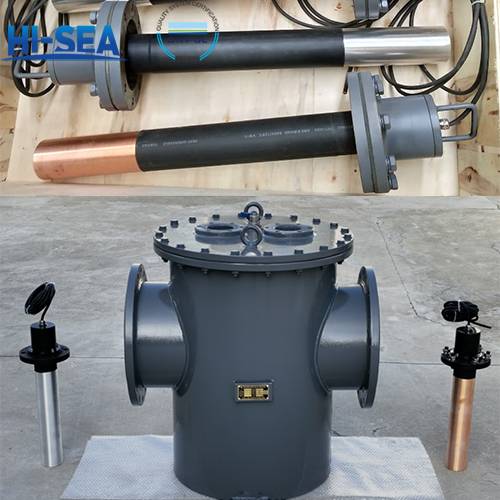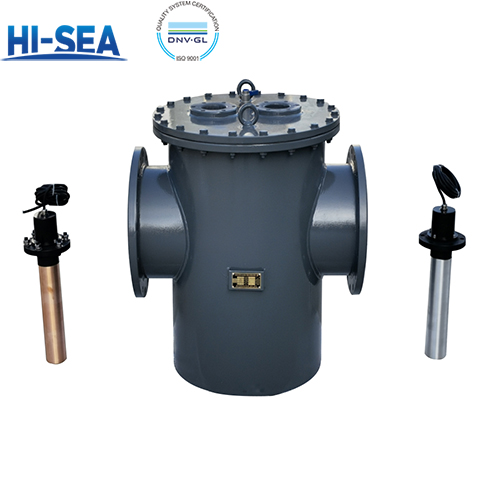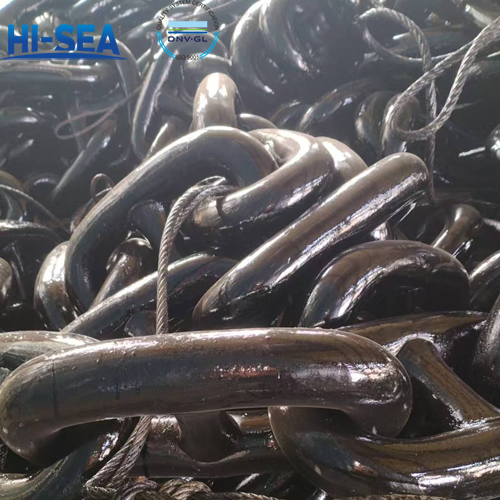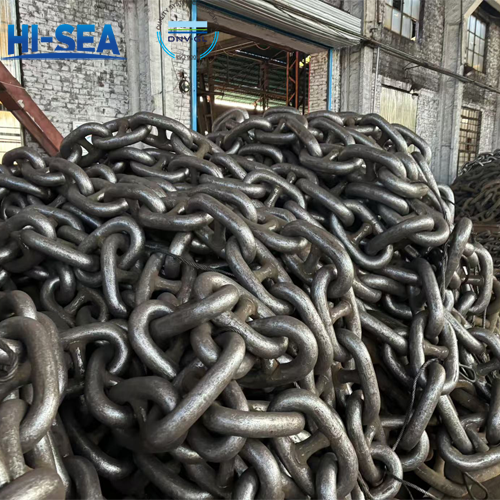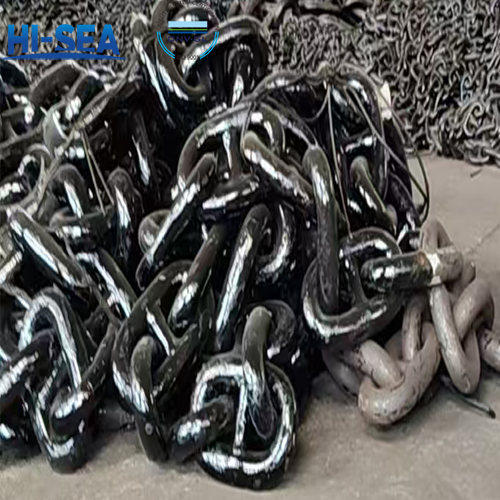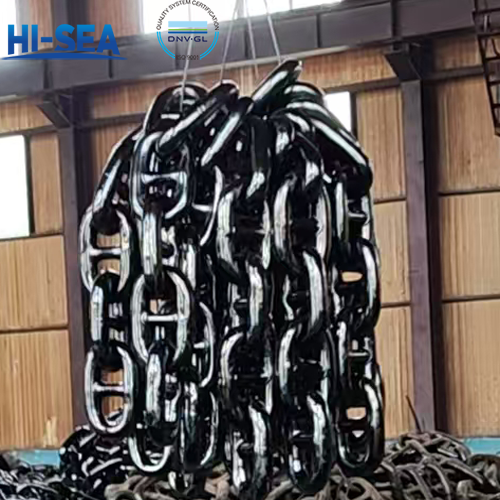
MGPS for Ship
Marine Growth Prevention Systems (MGPS) are essential for ships and marine structures to prevent biofouling, which is the accumulation of marine organisms such as algae, barnacles, and mussels on submerged surfaces. This accumulation can cause significant issues, including reduced fuel efficiency, damage to the hull, and increased maintenance costs. MGPS are designed to mitigate these problems by preventing the settlement and growth of these organisms.
Overview
Here are some common MGPS methods used on ships
Electrolytic Anti-Fouling (EAF) Systems
These systems use copper and aluminum anodes installed in sea chests or seawater intake pipes.
When electric current passes through these anodes, it releases ions that create an environment hostile to marine organisms.
The copper ions prevent the settlement of larvae and spores, while aluminum ions help in forming a protective film on the surfaces.
Electro-Chlorination Systems
These systems generate chlorine by electrolyzing seawater. The chlorine produced acts as a biocide, preventing the growth of marine organisms.
This method is commonly used for ballast water treatment and cooling systems.
Benefits of MGPS
Improved Fuel Efficiency: By preventing biofouling, ships maintain a smoother hull surface, reducing drag and improving fuel efficiency.
Extended Maintenance Intervals: Reducing biofouling lowers the frequency and cost of dry-docking and hull cleaning.
Protection of Seawater Systems: MGPS help protect seawater intakes, heat exchangers, and cooling systems from blockages and corrosion caused by marine organisms.
Environmental Compliance: Modern MGPS methods can help ships comply with environmental regulations aimed at controlling the spread of invasive species and minimizing chemical discharge.
Picture of MGPS for Ship
